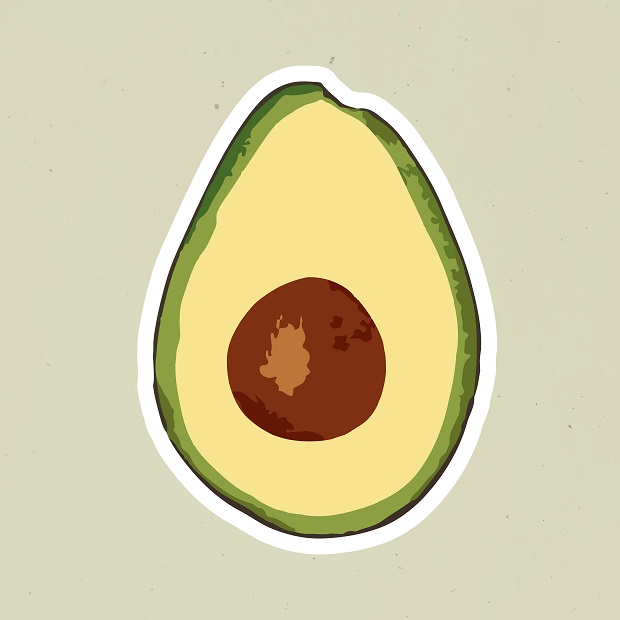
Let’s get to the point, milk production is influenced by these main factors;
- Breeding.
- Nutrition.
- Health.
- Management.
The factors above will determine if you will succeed or not. While this might be true, it is not always the case. Getting the most out of your dairy farm requires a lot of carefully planned tact.
This is what I mean, Farm A milks 30 cows, has enough hay in stock and occasionally grows silage when money is available. Cows eat silage once in a while on this farm. Silage on this farm is like you being broke the whole year with no food then you get to eat chicken and chapati during Christmas. Cows are fed concentrates when milked and water is readily available to them. The cows on this farm produce 4-5 litres per day. That comes to a total of 150 litres of milk per day.
Farm B, on the other hand, milks 8 cows. This farm has all the food requirement a cow could ever need, silage, water, hay and concentrates. The cows on this farm never lack anything. They live a good life. Farm B gets 20 litres of milk per cow per day. Their total milk turn-over is 160 litres daily.
There is no dispute here, Farm B is clearly the most productive farm. Most dairy farmers in Kenya fall under the first category (Farm A). They focus on having many cows present on their farm (Which is not a bad thing at all) and forget about the small things that matter. The nitty-gritty that plagues every business in Kenya. Starting small and perfecting the little you have. It’s only through this strategy that you will truly succeed.
Cows have always been important in Kenya and many communities view them as a sign of wealth. Times have changed and keeping cows has become a luxury most dairy farmers in Kenya cannot keep up with. The day-to-day expenses of keeping cows are growing every day and farmers who are not planned out are being milked dry. However, all hope is not lost. We can claim back the lost glory of the dairy cows as a sign of wealth in Kenya by being smarter. Take the steps below and improve your dairy production from performing obscurely.
- Be realistic and start small. If you already have a large farm up and running but still getting losses, then its time to cull (reduce) your herd and build from what you have. It’s better to have fewer dairy cows that perform well than have numerous cows eating from your pocket. This will also help you manage your herd in detail.
- Lack of proper research is what gets many dairy farmers in trouble. Heck, this applies to all businesses everywhere. You cannot just dive into dairy farming without proper knowledge. If you are a newbie, the emphasis on starting small is even greater. Visit other successful farmers in your region to get a clear picture of how a dairy farm works. When you have all the facts and figures in place, start investing slowly.
- Don’t eat from your farm. Be careful of how you handle your income. Look for other ways to bail out your day to day needs i.e car fuel, school fees etc. Let your farm grow naturally and soon you will be able to pay all your expenses through your profits.
- Practice proper record Keeping- This is category does not need any introduction.
- Follow your cow’s reproduction cycle closely. Never miss inseminating your cow (Detecting when your cow is on heat). Carefully inseminating the animals around 90–120 days after calving. so that getting each calf every year.
- Do more research on this. This will save you huge losses.
- Feed your cows well. I am sure you have noticed most of my articles include those of feeds. This is because feeds play a huge role in your cow’s production. Do extensive research on this.
Practice all these and dairy farming will start working for you.
Author
-

Empowering Ambitions, Cultivating Success: Graduate Farmer is dedicated to inspiring and equipping young men and women with practical solutions to kickstart and thrive in profitable agribusiness ventures across Kenya.
Author
Empowering Ambitions, Cultivating Success: Graduate Farmer is dedicated to inspiring and equipping young men and women with practical solutions to kickstart and thrive in profitable agribusiness ventures across Kenya.
Leave a Reply Cancel reply
This site uses Akismet to reduce spam. Learn how your comment data is processed.


Comments (2)
love it!👍
Thank you Dennis. 🙂